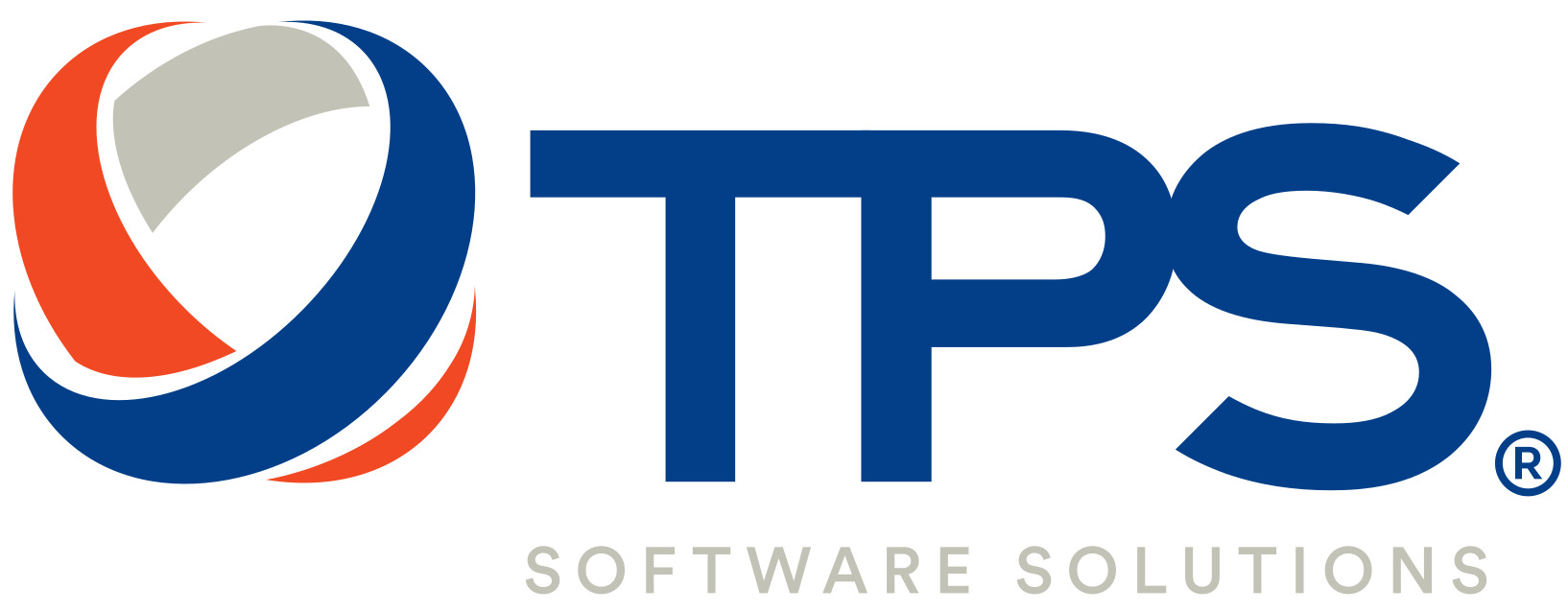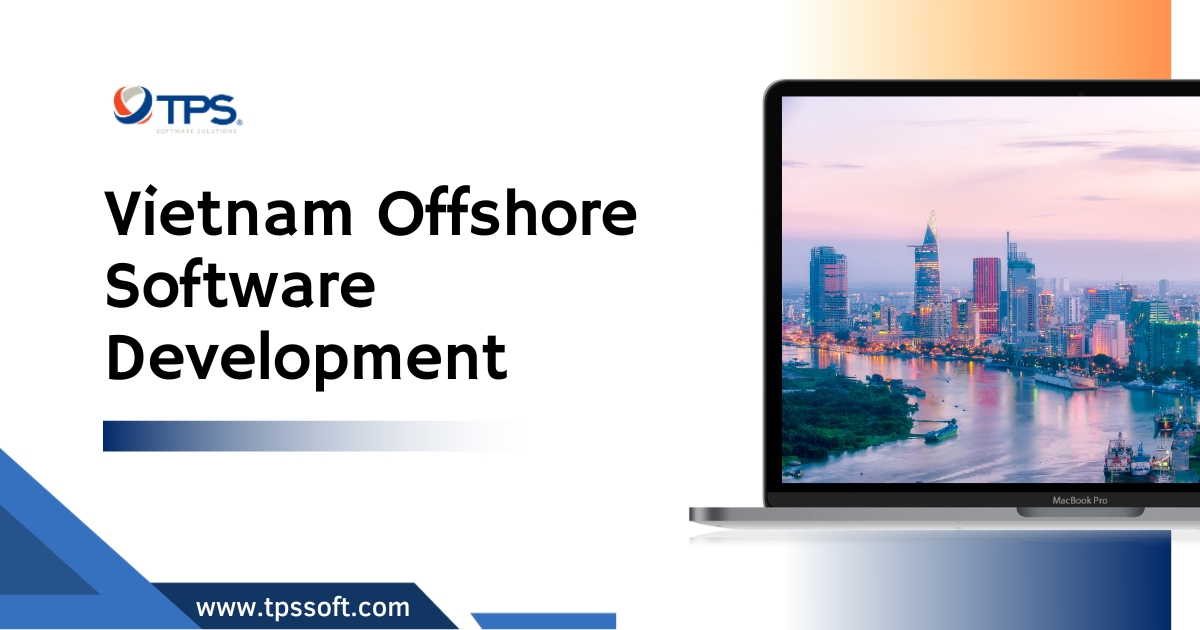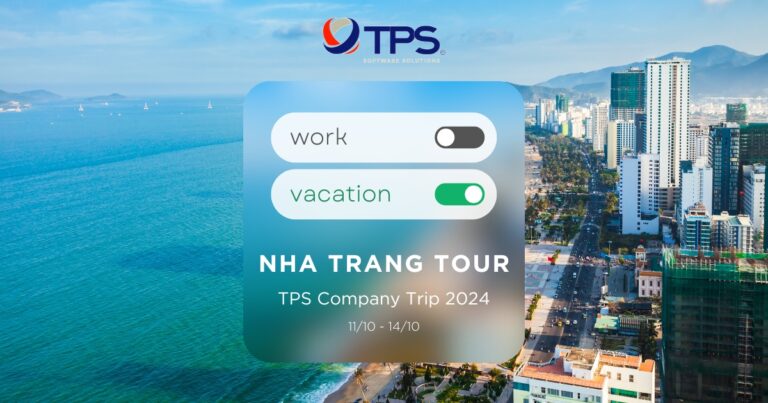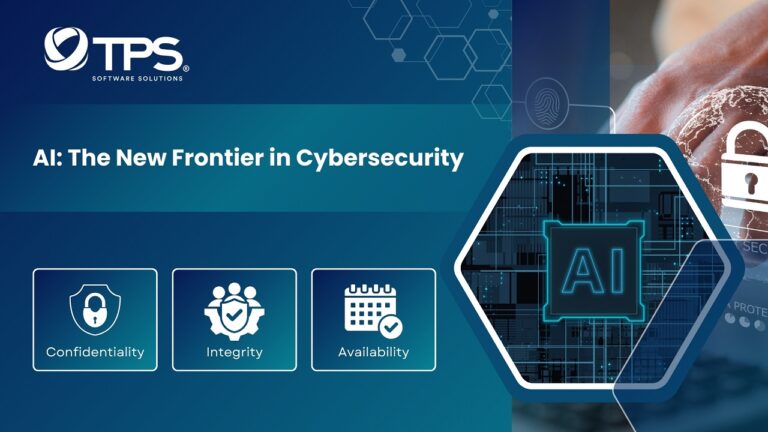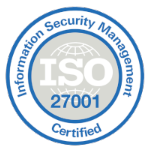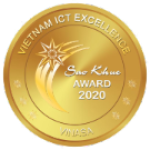Introduction
Vietnam has emerged as a prominent destination for offshore software development. With its rich history and culture, the country is now making a name for itself in the global tech industry. The combination of a skilled workforce, cost-effectiveness, and a favorable business environment has transformed Vietnam into a hotspot for offshore software development. In this article, we will delve into the key reasons behind Vietnam’s rise as a preferred outsourcing destination, exploring its advantages, challenges, and future prospects.
The Advantages of Offshore Software Development in Vietnam
A Skilled and Educated Workforce
Vietnam boasts a young and highly skilled workforce, with a strong emphasis on science, technology, engineering, and mathematics (STEM) education. The country’s universities and technical institutions produce a large pool of talented software engineers and developers each year. This skilled workforce forms the backbone of Vietnam’s offshore software development industry, attracting global companies seeking expertise in software development, web development, mobile app development, and more.
Cost-Effectiveness
One of the primary drivers behind the surge in offshore software development in Vietnam is its cost-effectiveness. The labor costs in Vietnam are significantly lower than in many Western countries and even some neighboring Asian nations. This cost advantage allows businesses to reduce their operational expenses while maintaining high-quality software solutions.
Favorable Time Zone
Vietnam’s time zone aligns with many Western countries, making real-time communication and collaboration more accessible. This synchronicity minimizes time zone-related challenges and allows for efficient project management and communication.
Government Support and Stability
The Vietnamese government has been actively promoting the IT and software development industry. Favorable policies, tax incentives, and infrastructure development initiatives have encouraged foreign investment in the tech sector. Moreover, Vietnam is known for its political stability, providing a secure environment for offshore partnerships.
Growing Tech Ecosystem
Vietnam’s tech ecosystem is flourishing. The country is home to numerous technology parks, innovation hubs, and startup incubators. Cities like Ho Chi Minh City and Hanoi have become thriving tech hubs, attracting domestic and international tech talent. This ecosystem fosters innovation and collaboration, making it an ideal environment for offshore software development.
Cultural Compatibility and Strong Work Ethic
Vietnamese professionals are known for their strong work ethic, diligence, and commitment to delivering quality work. Moreover, the culture emphasizes respect, collaboration, and dedication to the team’s success. These cultural attributes align well with the expectations of international clients, leading to successful partnerships.
Language Proficiency
English proficiency among Vietnamese software developers has been steadily improving. Many developers are fluent in English, simplifying communication with clients and minimizing language barriers.
High-Quality Infrastructure
Vietnam has invested in modern infrastructure, including high-speed internet connectivity and reliable power supply. This infrastructure supports the seamless execution of offshore software development projects.
Diverse Skillsets
Vietnamese software developers possess diverse skill sets, ranging from traditional programming languages to emerging technologies like artificial intelligence, machine learning, and blockchain. This versatility enables them to tackle a wide range of software development projects.
Intellectual Property Protection
Vietnam has made significant strides in enhancing intellectual property protection laws and enforcement. This provides assurance to foreign businesses that their proprietary information and software code will be safeguarded during offshore collaborations.
Challenges and Considerations
1. Cultural Differences
While cultural compatibility can be an advantage, it can also pose challenges. Different communication styles, work ethics, and business practices might require adjustment and understanding on both sides. Miscommunication or misunderstandings rooted in cultural differences can lead to project delays and misunderstandings.
2. Time Zone Management
Despite Vietnam’s favorable time zone, effective time zone management is crucial. Teams need to coordinate activities and plan meetings that accommodate both sides. This can sometimes mean early mornings or late evenings for one team, which can impact work-life balance and productivity if not managed well.
3. Legal and Contractual Clarity
Clear legal agreements and contracts are essential for offshore software development projects. Ambiguity in contractual terms can lead to disputes and misunderstandings. It’s crucial to outline project scopes, timelines, payment schedules, intellectual property rights, and dispute resolution mechanisms clearly in contracts.
4. Talent Competition
As Vietnam’s tech ecosystem grows, competition for skilled developers intensifies. This can result in increased salaries and benefits for experienced professionals. It’s essential for businesses to have strategies in place for talent acquisition, retention, and skill development to ensure project continuity and success.
5. Data Security and Privacy
Data security and privacy are paramount in offshore software development. Companies need to ensure that data protection regulations, such as GDPR and HIPAA, are adhered to, and sensitive data is handled with the utmost care. Cybersecurity measures should also be in place to protect against data breaches and cyberattacks.
6. Language Proficiency
While English proficiency among Vietnamese developers has been improving, language barriers can still exist. Miscommunications due to language differences can lead to project delays and misunderstandings. To mitigate this challenge, clear communication channels and documentation should be established.
7. Quality Assurance and Testing
Ensuring the quality of the final product can be challenging when working with remote teams. Adequate testing and quality assurance processes should be in place to catch and address issues promptly. This might require additional effort in terms of communication and coordination.
8. Project Management and Oversight
Managing offshore software development projects effectively requires strong project management and oversight. This includes setting clear expectations, monitoring progress, and ensuring that project milestones are met. Project managers may need to adapt their strategies to accommodate remote teams and different time zones.
9. Cultural and Legal Nuances
Understanding the legal and regulatory landscape in Vietnam is essential. Different countries have distinct legal systems and business practices, and navigating these nuances can be complex. It’s advisable to work with local legal experts to ensure compliance with Vietnamese laws and regulations.
10. Vendor Selection
Choosing the right offshore software development partner in Vietnam is critical. Due diligence is necessary to evaluate potential vendors in terms of their experience, expertise, track record, and cultural fit. This involves extensive research, references, and possibly even site visits to assess the capabilities of the chosen partner thoroughly.
Future Outlook
Vietnam’s ascent as a hotspot for offshore software development is unlikely to wane in the near future. As technology continues to advance and global businesses seek cost-effective and high-quality solutions, Vietnam will remain an attractive option. The government’s commitment to the tech industry, combined with a youthful, educated workforce, positions Vietnam for sustained growth in the offshore software development sector.
Conclusion
Vietnam’s journey to becoming a hotspot for offshore software development is a testament to its resilience, adaptability, and commitment to excellence. The country’s skilled workforce, cost-effectiveness, favorable business environment, and strong cultural values make it an ideal partner for businesses seeking offshore software development services. As Vietnam’s tech ecosystem continues to thrive, it is poised to play an increasingly significant role in the global tech landscape. Businesses looking to leverage the advantages of offshore software development would do well to consider Vietnam as a top choice for their software development needs.
